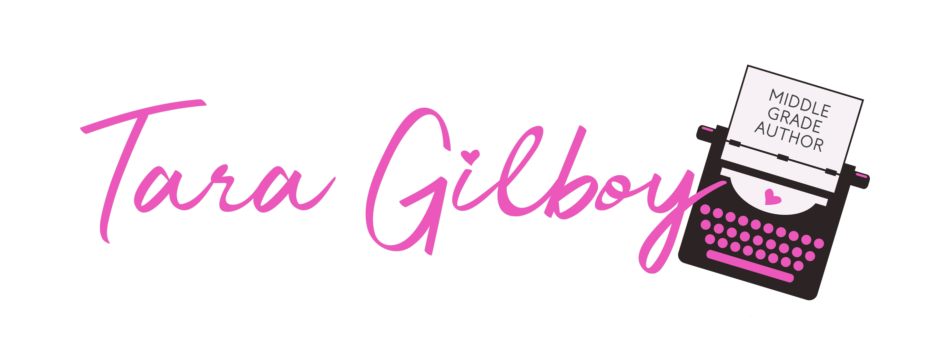It’s been a while since I posted here, and the truth of it is simply that I was stuck. I had been clobbered over the head by a series of personal and professional failures, and my writing was suffering for it. My novel revisions had stalled, and I was questioning my ability as a writer, whether I had what it took to get the book completed. It’s much more complicated than any novel I had attempted before, and my focus on the end goal of publication had led me astray and caused me to lose faith in myself and the writing process.
But then a friend of mine sent me a letter. The letter wasn’t addressed to me: she had written a letter to an artist she admires, and she sent me a copy of the letter she had mailed because she wanted to share it with me. In the letter, she detailed her connection with the artist’s work, how she had, as a young woman, bought a painting she really couldn’t afford because of the immediate connection she felt to it, the way she had been lucky enough to be traveling with a group of women when she first saw the painting, strangers, soon to become friends, who helped her get the painting home.
This letter touched me. My friend is a beautiful writer, and the story was full of vivid detail and engaging scene, just the right amount of reflection on what these events and this painting meant to her. Any literary journal would have been lucky to publish this story. But that’s not the main reason this letter touched me, and publication was not my friend’s goal. Her intention was simply to write a letter, to send kindness to this artist, who is aging and in poor health, and let her know that her art touched someone. This letter gave me a lesson I needed in the power of writing, what writing can do, how the beauty of writing can be in these small moments between writer and reader, these connections forged.
I think as writers we often focus on publication as our end goal, meeting a word count, revising that next chapter, sending our work out into the world, often to faceless, nameless editors who we (mistakenly) believe are pronouncing judgment on the worth of our words simply by deciding whether or not to publish them. But this is not the only function of writing, nor is it the most important one. Writing’s power is in the way our words can affect those who read them, and this is why letter writing is so wonderful. Letter writing is all about intention and audience. When we write letters, we write for a specific person and for a specific reason. We can write to send them kindness, as my friend did; we can write to them to relate stories or impart information; we can write out of anger, to make accusations. But the wonderful thing about letter writing is we are not writing to a void: we are writing for a specific reader, and our only goal is to communicate with that person. When we write letters, we are not writing for publication or posterity (or at least most of us aren’t). We are writing as part of a conversation. We are writing to communicate. We are writing to forge connections, and as my friend did, to send light and love out into the world.
This, then, is the power of writing, and I will keep reminding myself this as I complete yet another draft of my novel. Writing is about so much more than publication. It is about a conversation between writer and reader; it is about using words to help others, to brighten their days, to tell stories they can get lost in, to bring our words to life. When we take a step back from our writing, and think more about the reader and less about publication, we can remove our egos from our writing and simply write because we love doing it and because we want to touch our readers.
An exercise:
Have your characters write letters to one another. Have one character describe a moment in which the recipient of the letter has touched his or her life. What would your protagonist say to your villain? Or the villain to the protagonist? It can be a kind letter or an angry letter, but it should have emotion attached to it. What can you learn from writing the letter about the relationship between these two people that you can include in your story? I think characters reveal much about themselves through letter writing: remember they are writing for a specific person and with a specific intention.
(For more about the power of letter writing, this is a Ted Talk that details the impact letters can have on us: http://blog.ted.com/great-moments-in-letter-writing/ )
xoxo
Tara
